Last night, I had the privilege of helping Cincinnati Children’s President and CEO, Michael Fisher, accept a check for more than 1.3 million dollars from the Cincinnati Bengals. This charitable gift was the result of an unprecedented sale of Devon Still’s No. 75 jersey; it includes contributions from thousands of individuals around the country as well as the Bengals organization.
With the gift of this generous check to our team here at Cincinnati Children’s, we have been given the opportunity to make science count for children with complex, high-risk cancers, including neuroblastoma, the type of cancer that Devon’s daughter Leah has.
We’ve taken this opportunity to think big, with a program that builds on our work in targeting precise treatments for difficult-to-treat cancers and leukemia in children and young adults.
We are already using comprehensive genetic sequencing and molecular profiling of childhood high-risk cancers to better understand the tumors and target them with the right drugs. When we biopsy a child’s tumor for diagnostic purposes, we analyze the tissue through DNA sequencing to define the unique genetic changes that are driving the cancer – what makes each tumor tick and what makes it potentially vulnerable.
With this new funding, we will expand this work by implanting samples of each child’s tumor tissue into mice that serve as “avatars” for the child. We will then test our genomically-guided treatments in the avatars – treatments that parallel the chemotherapy regimens being given to each child. Studying the avatar’s response to the treatments will provide us with findings that we can rapidly apply to the patient’s care.
This approach has powerful potential for next-generation research and treatment of children with high-risk and relapsed cancers. Our goal is to identify the most precise, individualized, and curative therapies available for each patient.
This program builds upon Cincinnati Children’s advanced specialized care for pediatric and young adult cancers – neuroblastoma, leukemias & lymphomas, brain tumors, liver tumors, kidney tumors, sarcomas and vascular tumors. We incorporate a unique “team science” approach that combines efforts in clinical care and research, with the goal of conducting research that is immediately relevant, that makes science count for our patients. This initiative also expands our innovative program for the design and development of targeted drugs specifically for cancers and leukemias in children and young adults.
Each year we treat more than 350 young people with cancer at Cincinnati Children’s. We draw from the nation’s largest portfolio of new anticancer drugs, novel approaches to anticancer cellular engineering and gene therapies, and stem cell transplant. Last year children were referred to us from 40 states and 11 countries for our expert cancer care.
When Devon Still and his family decided to share their story with the world, Cincinnati Children’s cancer program benefited from their courage and from the generosity it prompted. We are grateful for and humbled by this gift, and we will do everything we can to do it justice. Our goal is to use these funds to make a lasting impact on the way pediatric cancers are diagnosed and treated. I am excited about the science that we are poised to pursue, and about the benefit our discoveries may have for patients of the future.
You can support pediatric cancer research at Cincinnati Children’s with a charitable contribution to the Cancer and Blood Diseases Institute: www.cincinnatichildrens.org/support-cancer

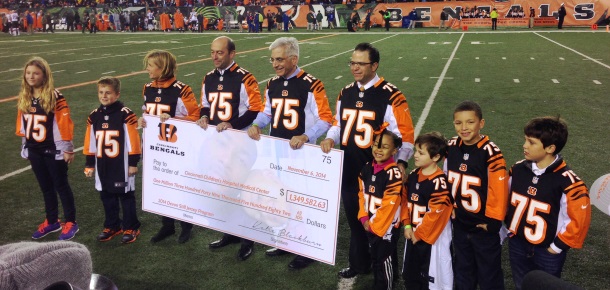
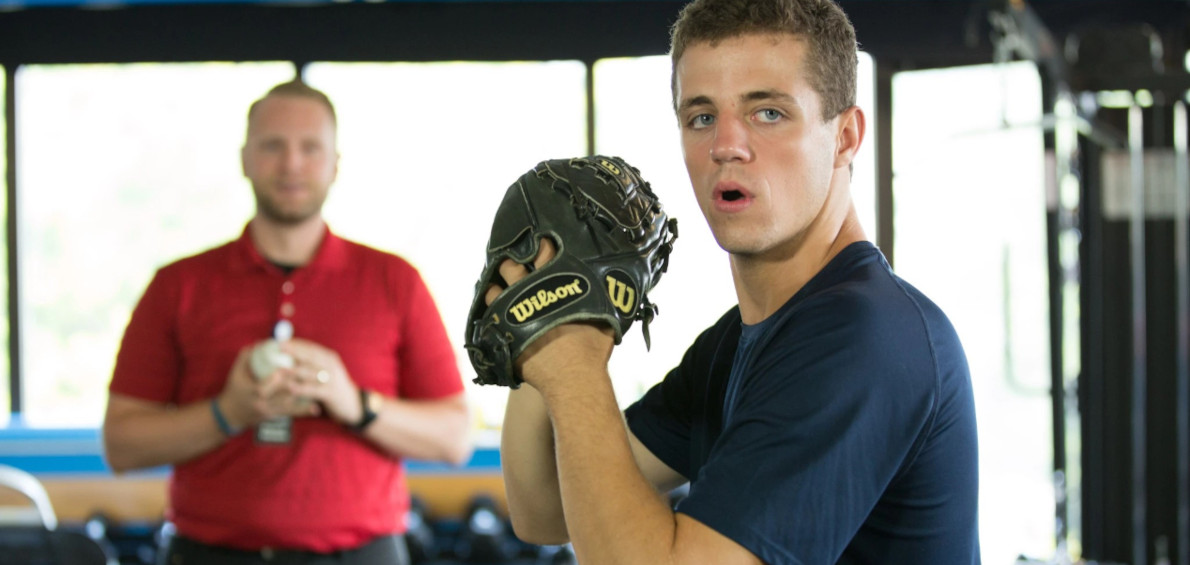
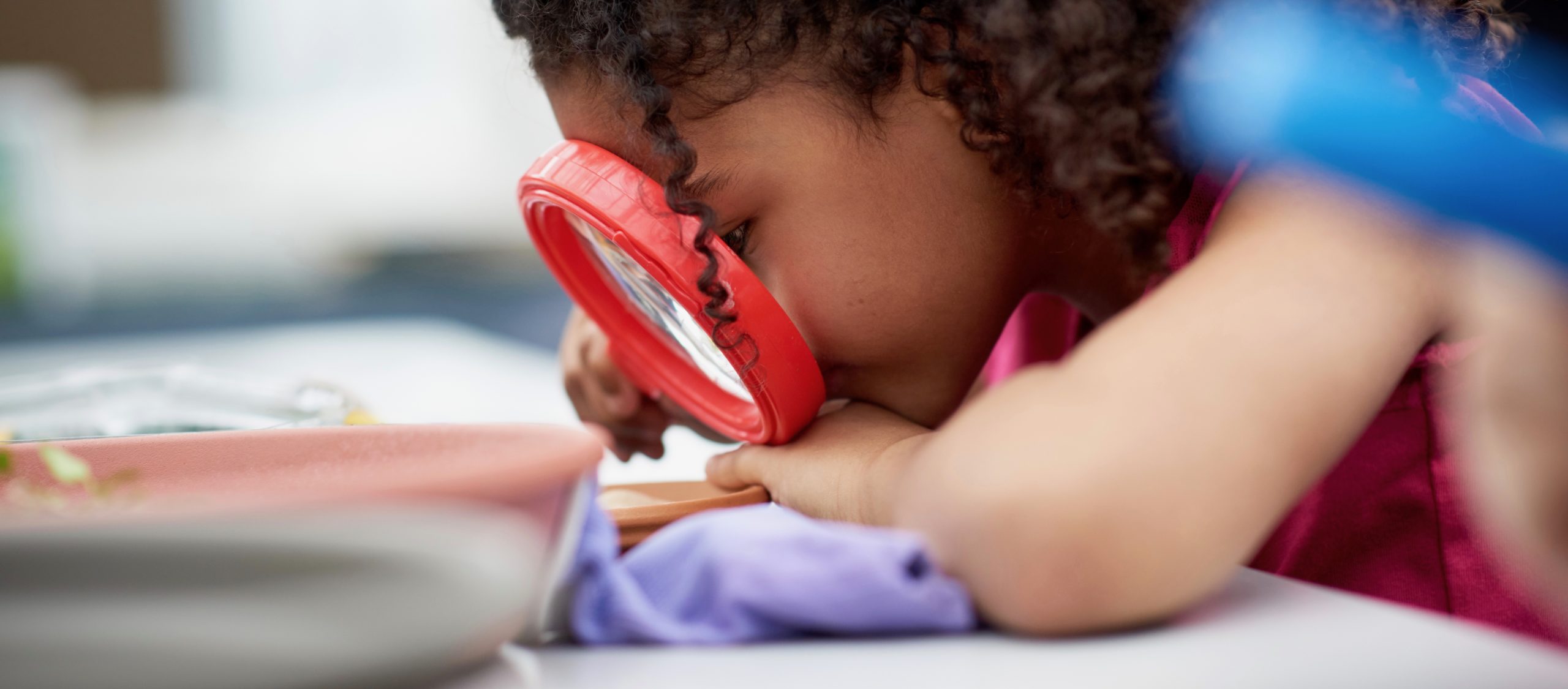
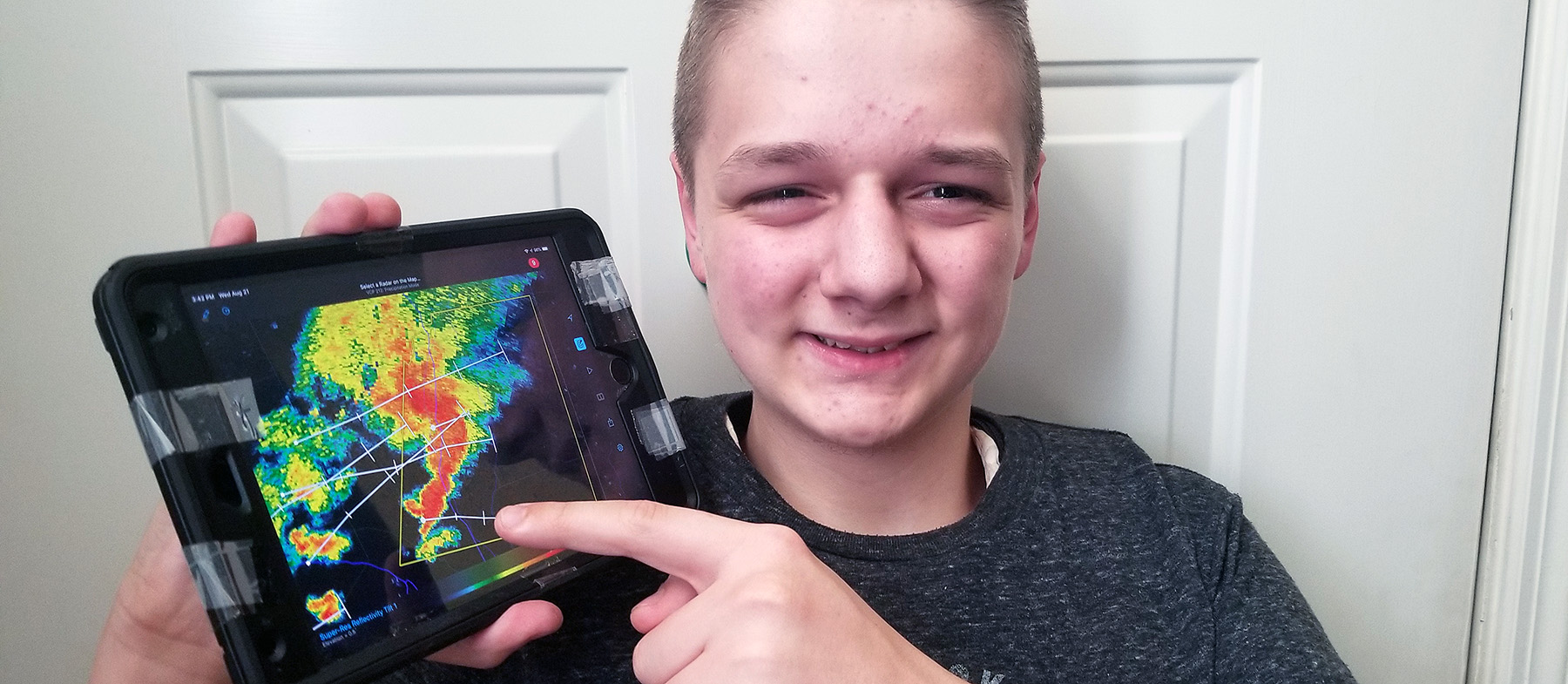
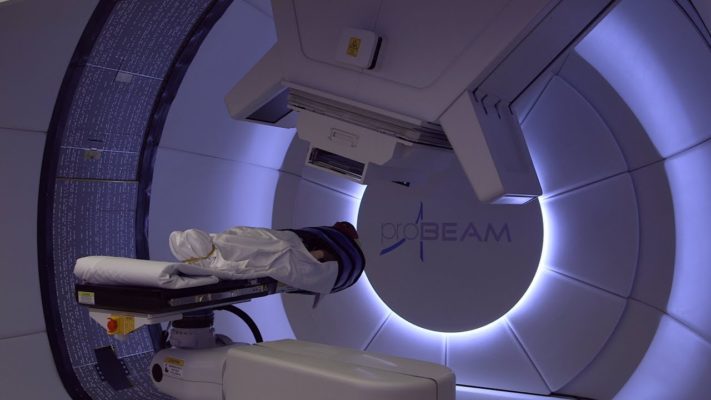
[…] in September. The viral clip helped boost sales of his jersey, and the NFL team’s pro shop donated all proceeds—more than $1.3 million—to the Cincinnati Children’s Hospital Medical […]